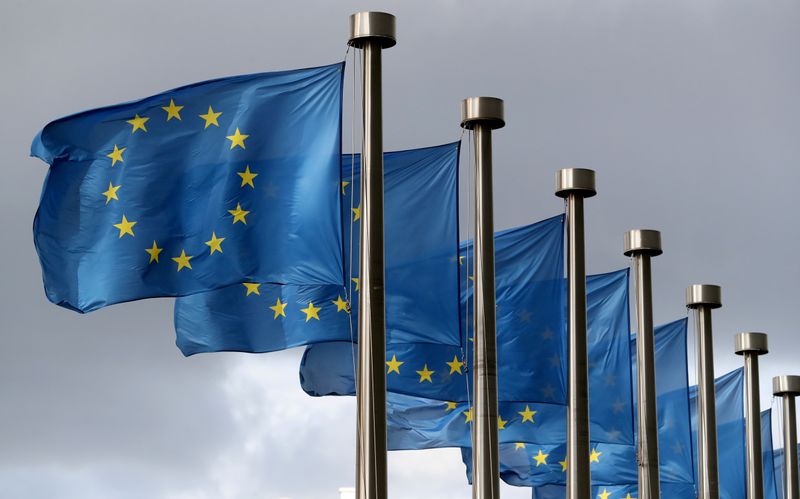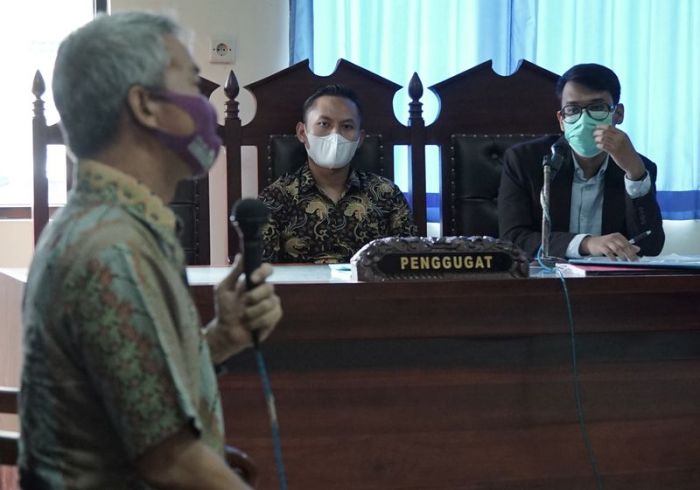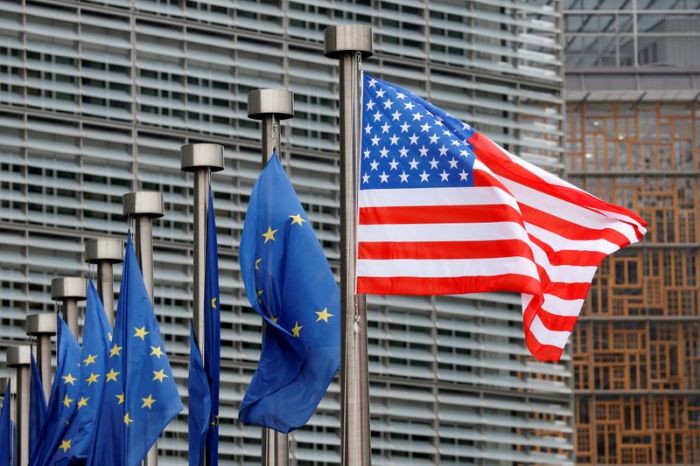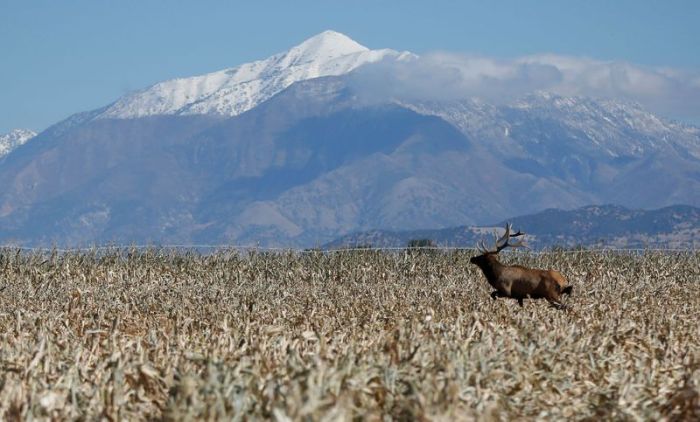BRUSSELS (Reuters) – The European Union will impose sanctions on more Turkish individuals and companies responsible for drilling in contested waters in the Mediterranean, according to a draft statement prepared for EU leaders to agree at a summit on Thursday.
If agreed, the EU will “prepare additional listings” on the basis of a sanctions list already in place since 2019 and “if need be, work on the extension” of its scope, according to the draft statement seen by Reuters.
Such sanctions would be among the more conservative measures available to EU leaders, who vowed in October to use “all instruments” to pressure Turkey to stop exploring for hydrocarbons off the coast of Cyprus and Greece.
France had voiced support for “sectorial” sanctions on the Turkish economy. But imposing them on a NATO ally and EU candidate country is seen by Germany, Spain and Italy as a step too far that would put Turkey in the same camp as Russia, which is viewed as hostile to the bloc.
The hydrocarbons dispute is part of wider issues with Turkey including the divided island of Cyprus and Turkey’s foreign policy in Libya and Syria, which the United States and the EU say undermines Western goals.
However, Turkey’s role as a host for Syrian migrants fleeing civil war who would otherwise seek refuge in the EU limits European appetite to punish Ankara, diplomats say.
The draft statement also sought to delay retaliation, saying the European Commission and the EU’s top diplomat Josep Borrell should prepare “options on how to proceed” for the next EU summit in March.
“The EU will seek to coordinate on these matters with the U.S.”, the draft said, something diplomats said was a recognition of hopes for closer foreign policy ties with Washington once U.S. President-elect Joe Biden takes office in January.
Negotiations over the two-page statement are still ongoing and Greece and Cyprus, which accuse Turkey of drilling for hydrocarbons off its continental shelf, believe the sanctions do not go far enough.
“We welcome additional listings,” a Cypriot diplomat said. “We would like to see preparations for targeted sectoral measures at a later stage, in February or March, should Turkey’s behaviour not change,” the envoy said.
SANCTIONS ON MEDITERRANEAN DRILLING
The EU created a sanctions programme last year to punish unauthorised exploration in the eastern Mediterranean, freezing assets of people and companies accused of planning or participating in activities in Cyprus’ exclusive economic zone or on its continental shelf.
So far, only senior officials of Turkey’s state-owned Turkish Petroleum Corporation (TPAO) have been put on the sanctions list but Cyprus proposed a list of more names earlier this year.
Cyprus’ internationally recognised government discovered offshore gas in 2011 but has been at loggerheads with Turkey over maritime zones around the island, where it has granted license to multinational companies for oil and gas research.
Turkey, which does not have diplomatic relations with Cyprus’ government, says it is operating in waters on its own continental shelf or areas where Turkish Cypriots have rights.
(Additional reporting by John Chalmers; Editing by Kirsten Donovan)

























